Cloud and edge computing are essential technologies in a computing continuum to ensure data is managed more efficiently – closer to the originating source rather than transmitting raw data to data centres. As recent studies suggest, data processing is moving closer to the edge. Thus, a stronger focus on the far edge and IoT part of the continuum spectrum can provide significant benefits, such as reduced communication costs, reduced storage needs, and lowered energy consumption. Moreover, the integration of artificial intelligence and machine learning would provide particularly high benefits for citizens and businesses in such a scenario, like increased local data sovereignty, stronger privacy protection, and tighter sense-reason-act loops based on localised, low-latency networks and processing nodes. These trends call for a shift towards the technical and business convergence of the so-far formally separated Cloud, Edge and IoT domains.
Different EU research funded projects are tackling it from different perspectives, generating reusable solutions and know-how addressing some aspects of the continuum.
This paper analyses the homogenisation needed, providing the initial version of a common taxonomy as a unified language for all actors of the cloud, edge and IoT domains, as well as the initial set of building blocks, and associated taxonomies, to set the basis for the development of a Reference Architecture for the continuum.
